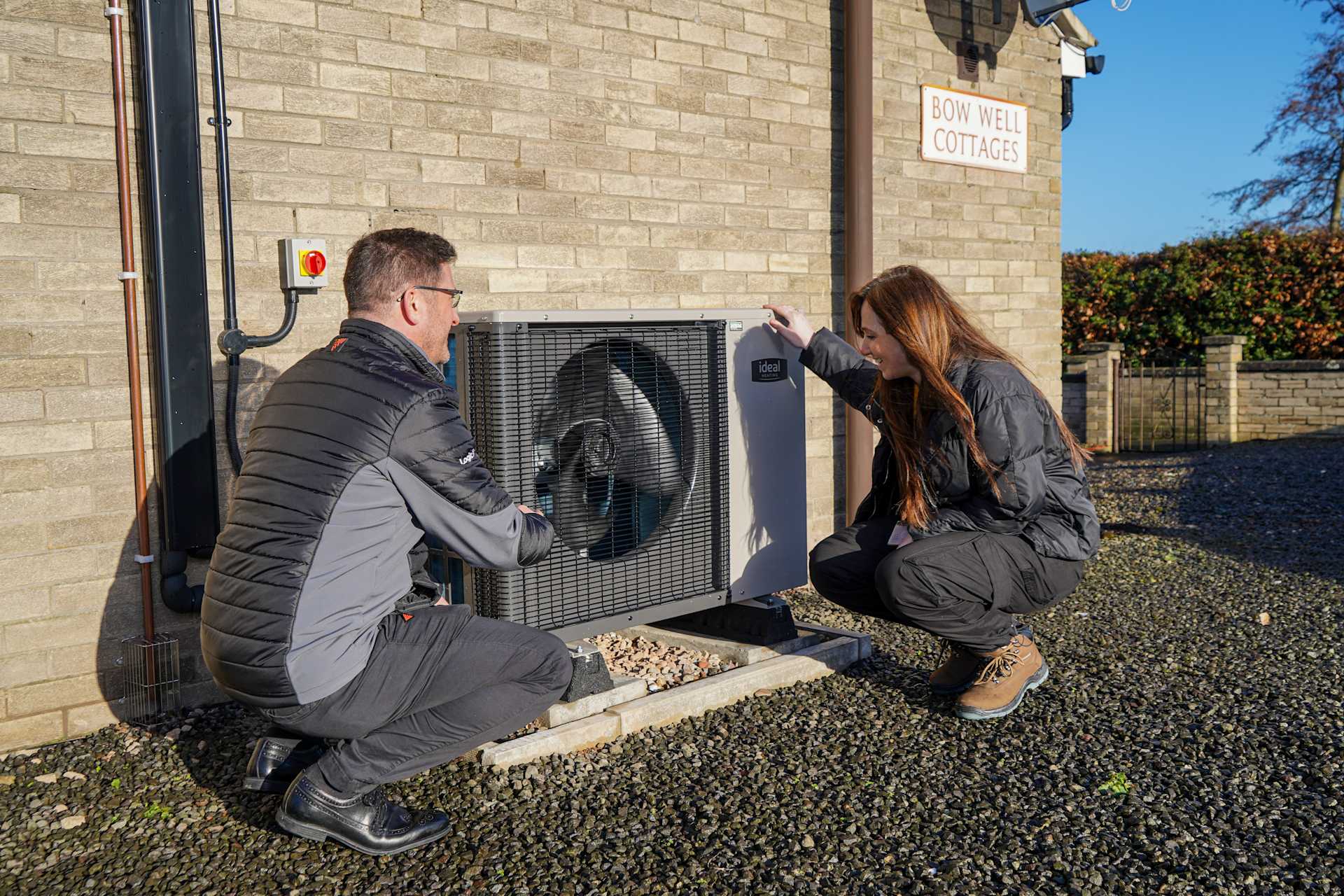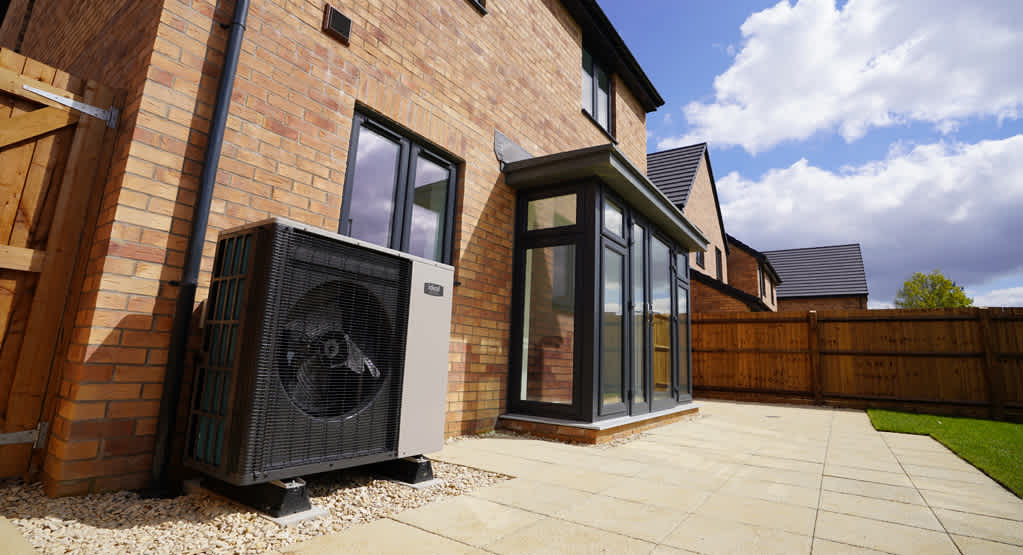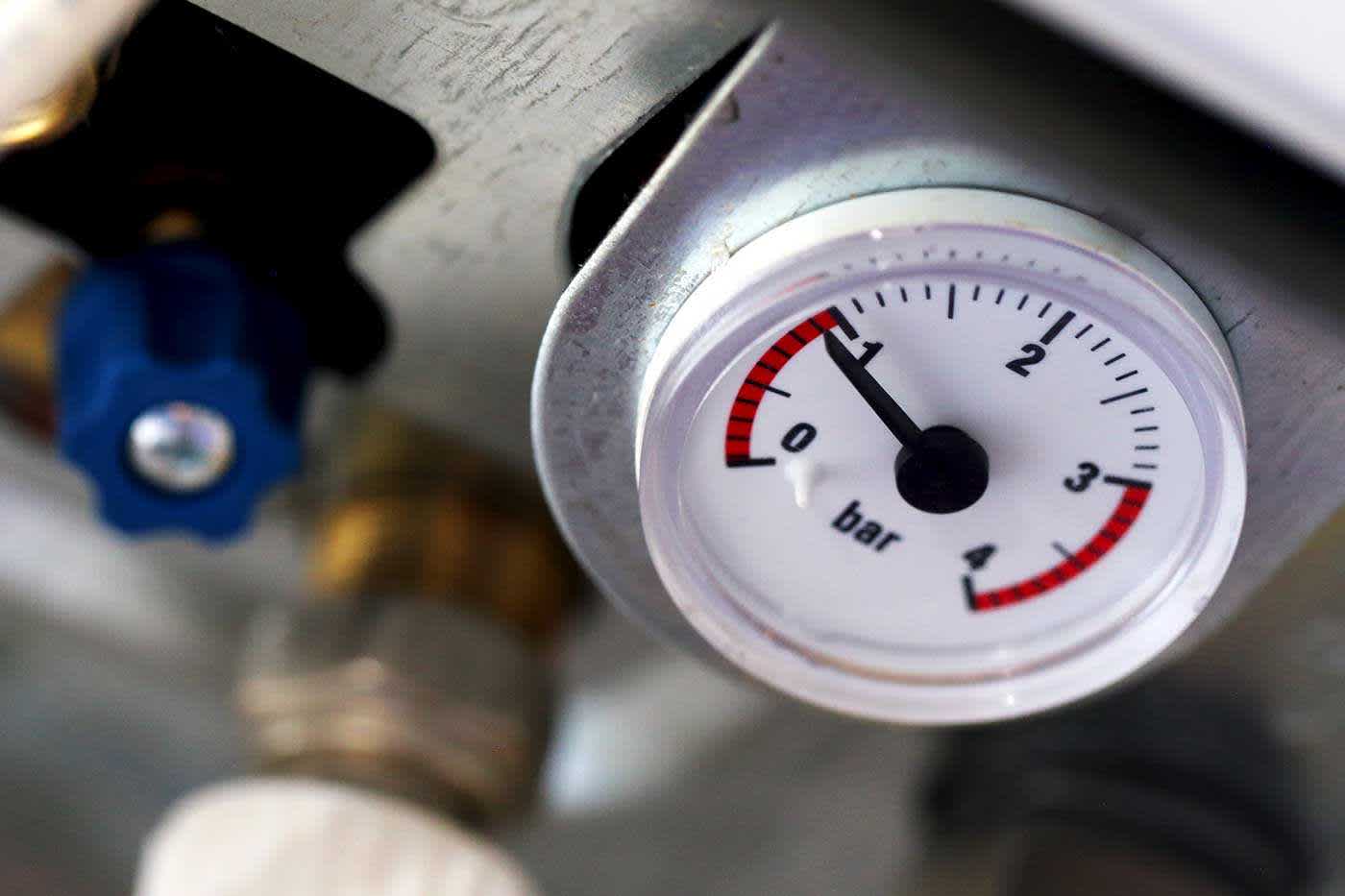
What to expect from a heat pump service
As the seasons change and UK temperatures fluctuate, ensuring your heating system is in prime condition is paramount. Heat pumps have newly emerged as a more sustainable alternative to traditional boilers, proving increasingly popular with UK homeowners, thanks to the many benefits they have to offer.
However, like any heating appliance, they require regular maintenance for optimum performance. A professional heat pump service ensures your system runs efficiently, minimises energy costs, and can extend overall lifespan. But what exactly does a heat pump service involve?
In this guide, we’ll cover everything you need to know, including when to get your heat pump serviced, why it’s necessary and what to expect.
What are the different types of heat pumps?
There are three main types of heat pumps available: ground source heat pumps (GSHPs), water source heat pumps (WSHPs) and air heat pumps (ASHPs). To discover more about the different types and the advantages and disadvantages of each, visit our expert guide to air source heat pumps.
The most common heat pump used among UK homes is the air source heat pump. This helpful guide can help you gain an in-depth understanding of ASHPs, including how they work, the installation process and how they can help to reduce your carbon footprint.
What does a heat pump service include?
As the backbone of your home's heating and cooling system, your heat pump works tirelessly all year round to keep you comfortable. Like any other mechanical equipment, your heat pump requires regular maintenance to ensure it continues to perform efficiently and effectively.
A comprehensive heat pump service should encompass the following key tasks:
Thorough inspection
Upon arrival, expect the service technician to inspect your heat pump system. This involves checking for any visible signs of wear and tear, leaks, or damage to components. They'll also inspect the air filters as well as check for any blockages or obstructions that might hinder airflow.
Cleaning and lubrication
Cleaning and lubricating various components are essential parts of heat pump maintenance. The technician will clean the internal parts to remove dust, dirt, and debris that can impede airflow and reduce efficiency. Lubrication of moving parts such as motors and fans helps to reduce friction and prolongs the lifespan of these components.
Checking refrigerant levels
Maintaining the correct refrigerant level is crucial for the efficient operation of a heat pump. Too much or too little refrigerant can result in reduced performance and increased energy consumption. During the service, the technician will check the refrigerant levels and top up if necessary. They'll also inspect for any leaks in the system that could cause refrigerant loss.
Testing controls and thermostat
The service will include testing the controls, thermostat, and other electrical components to ensure they function correctly. This ensures that your heat pump can accurately regulate temperature and operate efficiently without any issues.
Inspecting heat exchanger
The heat exchanger is a vital component of the heat pump responsible for transferring heat between the indoor and outdoor units. The technician will inspect the heat exchanger for any cracks, corrosion, or damage that could affect its performance. Promptly addressing any issues with the heat exchanger is vital for safe and efficient operation.
Evaluating energy efficiency
Throughout the service, the technician will assess the overall energy efficiency of your heat pump system. They may provide recommendations for upgrades or adjustments that could further improve efficiency and reduce energy consumption, ultimately saving you money on utility bills.
Providing recommendations
At the end of the service, the technician will provide you with a detailed report of their findings and any recommendations for repairs or upgrades. They may also offer advice on how to optimise your heat pump's performance and extend its lifespan through proper maintenance and usage.
With all of the above combined into one easy inspection, you can reap the full list of benefits that your heat pump installation brings.
Why should I get my heat pump serviced?
Ensuring your heat pump's optimal performance and longevity is essential for maintaining a comfortable and healthy indoor environment.
Here are some of the reasons that regular servicing of your heat pump is important:
Extended Lifespan: By keeping all components clean and in good condition, regular servicing can prolong the life of your heat pump, saving you money in the long run.
Preventative Maintenance: Routine servicing helps identify and address minor issues before they escalate into major, costly problems.
Optimal Performance: A well-maintained heat pump operates at its peak efficiency, ensuring your home stays comfortable while minimising energy consumption.
How often should I have my heat pump serviced?
Typically, it's recommended to have your heat pump serviced at least once a year. The best time to schedule maintenance checks is in the spring or autumn, as this allows for any necessary adjustments or repairs before the system faces heavy usage throughout the summer or winter months.
How much do heat pumps cost to run?
Heat pump running costs vary depending on a number of factors, such as the size of your home and how much heat and hot water it requires. For more information on this, visit our guide on heat pump costs explained.
According to newly emerging research, heat pumps are predicted to become one of the most sustainable, cost-effective ways of heating our homes. The Government recognises this, which is why they released the Boiler Upgrade Scheme, to help fund initial installation costs.
This incentive is available on a one-grant-per-property basis, offering:
£7,500 towards an air source heat pump
£7,500 towards a ground source heat pump (including water source heat pumps and those on shared ground loops)
£5,000 towards a biomass boiler
For more information, visit the GOV website’s dedicated page: Apply for the Boiler Upgrade Scheme.
Discover more about heat pumps at Ideal Heating
Whether you’re an existing heat pump owner who wants to keep up to date with all the latest information or you’d simply like to explore greener ways of heating and cooling your home, head to our blog to discover more tips and tricks on all things heat pumps and more.

















